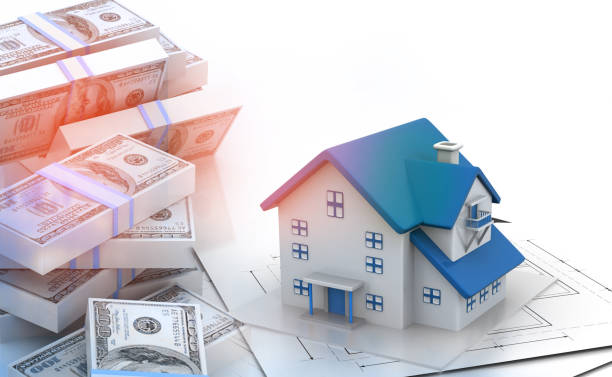Many people ask the question, “should you refinance by 2021?” Refinancing can save you money on your monthly payments. Refinancing can also be a part of a more secure financial future. It can be a good financial strategy if you plan and prepare well.
The interest rate is always the first thing that comes to mind when refinancing. Interest rates have reached historic lows after multiple RBA cash rate reductions. Mortgage experts say that the record-low rate of the RBA is a blessing for many borrowers. If you haven’t refinanced in the past 12 months, then you may be paying too much.
Is this strategy really about the interest rate? Should you refinance by 2021? This article will tell you everything you need to know about refinancing your home in 2021.
What will be the mortgage rate in 2021?
The Reserve Bank of Australia (RBA) has reduced interest rates several times since June 2019. It decided to continue making adjustments until it reached a record low of 0.1%. They also said that they would not be raising the Cash Rate for another three years.
Refinancing your home loan in 2021 is a good idea. While you still have the opportunity to take advantage of low-interest rates, it’s smart. Borrowers who wish to lock in these rates for a few years can fix their loans. If you prefer flexible terms and want the rates to remain low, you may opt for variable rates.
What is the best time to refinance?
Refinancing is not the right move for every borrower. It’s important to consider your financial situation before making a decision. This move makes sense if, in general, you can identify with any of the following conditions.
- You are no longer competitive with your current rate
Your current interest rate could be uncompetitive because interest rates are at historic lows. Consider refinancing if you want to get a lower interest rate. This is especially true if your fixed-term loan is coming to an end.
- You wish to switch your loan product.
You can choose to change the loan product you use when you refinance. The loan market and people will be different for each person. You can optimize your financial benefit by switching loan products based on your current financial situation.
- You have improved in terms of your financial or personal situation
You should refinance if your credit rating has improved or if your income has increased. This will allow you to qualify for a reduced interest rate or reduce the repayment period. You’ll pay less interest if you reduce the loan term.
- Personal debts are due to be paid off.
You can easily pay off personal debt by refinancing it at lower rates of interest! You can refinance your loan to pay off credit cards, overdrafts, and personal loans.
- Need some equity to invest in other projects.
You can borrow from the equity of your home if you refinance your mortgage. The lender will likely refinance the loan using the current property value. Cash-out refinancing is the best way to tap into this equity. Whether you want money for your children’s education or a family vacation, a home renovation, investment property, or a new vehicle, it’s time to take advantage of that equity.
What could you save if you refinance?
A low interest rate is key to saving a lot of money on your mortgage. You can still save a lot of money even if your interest rate is only reduced by 0.5%. If you have a $350,000 loan with a 3.0% rate of interest and a 30-year term, then your monthly payments would be around $1,475. If you reduce your interest rate to 2.5%, then you would pay approximately $1,382 each month.
You could use the extra $93 to save, invest, or buy something that you enjoy. Does it seem like much? It could make life easier.
Got a home loan question? Contact us today!
If you need any help with your home loan, we’re always here to assist you. Get free mortgage advice by contacting us today.




